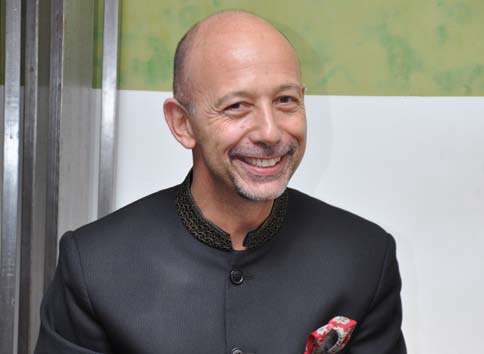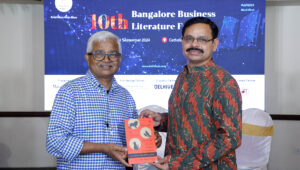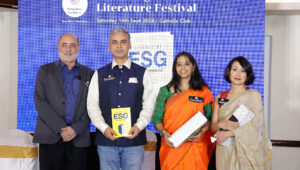 Stefano Pelle is a rare expat executive with rich experience across continents. He is an avid student of Economics, Political Science and Management with degrees from Insead and London School of Economics. He teaches International Business in Rome and has authored two books – Understanding Emerging Markets: BRIC by Brick and his recent book When not in Rome don’t do as the Romans do. Pelle chats with ManagementNext on various things that interest expats
Stefano Pelle is a rare expat executive with rich experience across continents. He is an avid student of Economics, Political Science and Management with degrees from Insead and London School of Economics. He teaches International Business in Rome and has authored two books – Understanding Emerging Markets: BRIC by Brick and his recent book When not in Rome don’t do as the Romans do. Pelle chats with ManagementNext on various things that interest expats
What’s your motivation for writing the book When Not in Rome …..
My motivation to write is to share my experience with others. I like the idea that what I learn through my work and travel for many years and to several countries could be useful to somebody else. This book is an intercultural trip across almost two decades and dozens of countries. The message I try to leave to the reader is that of the immense learning one can have while working in many countries, more so if these are emerging and fast changing ones.
Five suggestions for budding Indian expatriates?
Be open minded, curious, willing to experiment, “culturally intelligent” and never take anything for granted.
Three suggestions to make expats enjoy their job…
The great thing about the expatriate life is the chance to learning continuously from the environment around you. However, moving around often may, in the long term, create the need of going back to one’s origins or at least decide when and where the final settling down will happen. To those who start feeling the weight of such an experience I would suggest they stay only till they feel that they are still enjoying the lifestyle and the opportunities. Ways to mitigate such unusual living are more frequent returns to the country of origin;receiving frequent visits from close friends from the home country and sharing with them the peculiarities of the place where one lives and works.
It helps to decide on the final settling down or “retirement” destination and building or buying of a house in such place. However, if the wish to end the expatriate life is strong, it may become counterproductive to remain in such status. Then, it becomes necessary to agree with the employer or at least state for oneself a definite date when one would eventually go back to his home country. Such a return may even be a phased one, when for instance the family moves back progressively and is followed by the main earner only at a later stage.
How would you describe a typical Indian expat – the funny side if possible?
Somebody with a box of curry and masalas always in his suitcase! We know that Indians are very particular about food and cannot do without the same. Whenever I used to visit Italy with Indian colleagues for more than two days they would go to have dinner at least once in an Indian restaurant! Jokes apart, Indian expats are usually very versatile, adaptable and capable of networking (particularly with their own communities).
You have successfully meshed between executive and teaching roles, what’s the secret?
I love my job but I also love to learn and share. The interaction with the academic world enriches me and provides a good break from the business world. Dealing with students forces me to be up to date and ready to be questioned without much hesitation or reservation. I find that mixing business with academics is a win-win for my work as well as for the students, since very often traditional academic professors are too much of theory and much less of practical reality.











Recent Comments